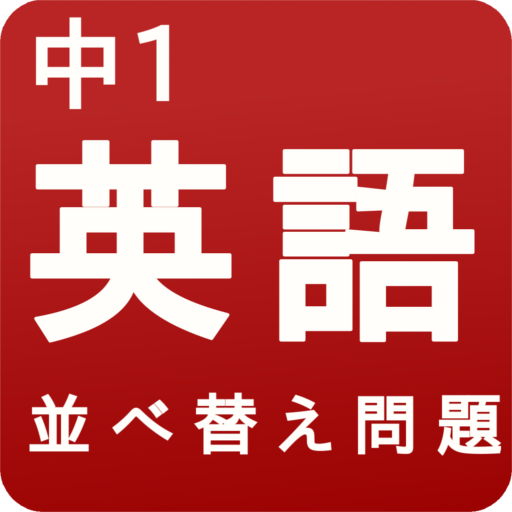接続詞とは
接続詞は文と文や単語と単語を結びつける言葉である。
and「〜と…」
Yumi and Keiko are in the library.「ゆみとケイコは図書館にいる。」
but「〜しかし…」
I had breakfast, but I'm hungry.「私は朝食を食べた、しかし空腹だ。」
andやbut, orなどは対等な関係の語句や文を結びつけるので等位接続詞という。
これに対してbecause(~なので)、 when(~のとき)、 if(もし~なら) などを従属接続詞という。
他にもafter(~のあとに)、 before(~の前に)、 while(~の間に)、 since(~以来)などがある。
従属接続詞は節を導く。
※節とは文の中にあって、主語+述語を含むもの。
接続詞if, when, becauseの直後は《主語+述語》がくる。そのため、接続詞ifやwhen, becauseの文では《主語+述語》が二組になる。
when「〜のとき…」
Both of them left home when he was a baby.彼ら両方とも彼が赤ん坊の時に家を去った。
I was watching TV when he called me.彼が電話してきたとき、私はテレビを見ていた。
because「〜なので…」
We can hold it easily because it has a special shape.特別な形をしているので、わたしたちは簡単に持つことができます
I went to bed early because I was tired.私は疲れていたので早く寝た。
I like soccer because I can make friends through soccer.サッカーを通じて友達を作ることができるので、わたしはサッカーが好きです
if「もし〜なら…」
If you are interested, we will send you a catalog.もし興味がありましたら、わたしたちはあなたにカタログをおくります
If it rains, let's play table tennis.もし雨なら、卓球をしよう。
I will help you if you are busy tomorrow. もし、明日あなたがいそがしいなら、私が手伝いましょう。
従属接続詞の注意点
二組の主語がおなじであっても省略はしない。
She didn't go to school because She was sick in bed.
彼女は病気で寝ていたので学校へ行かなかった。
ifやwhenなどが導く節の中では未来のことも現在形で表す。
I will play tennis if it is sunny tomorrow.
明日、晴れなら私はテニスをするつもりだ。
語順とコンマ
接続詞ifやwhen,becauseの導く節を先に出して主節を後にもってくることができる。
そのときに接続詞ifやwhen,becauseの導く節のあとにコンマ「,」をつける。
We didn't play tennis because it rained.
→Because it rained, we didn't play tennis.
「雨だったので私たちはテニスをしなかった。」
It began to rain when I left home.
→When I left home, it began to rain.
「私が家を出たとき、雨が振り始めた。」
Let's go shopping if you're free.→If you're free, let's go shopping.
「あなたがひまなら、買い物に行きましょう。」
